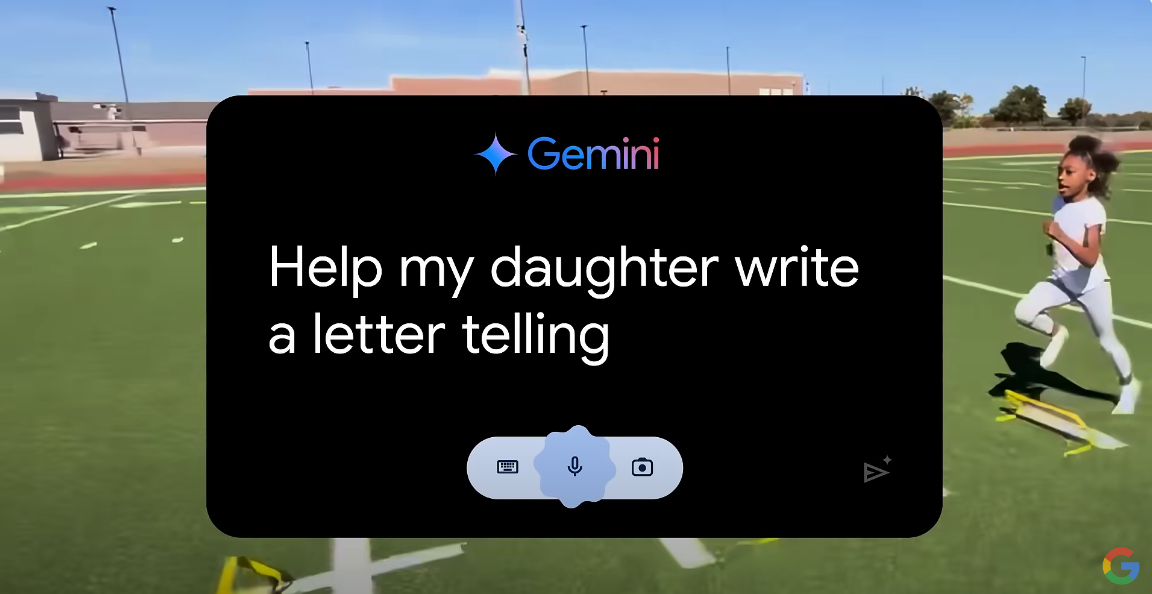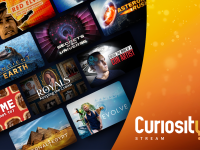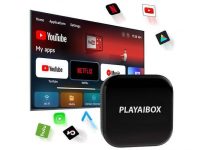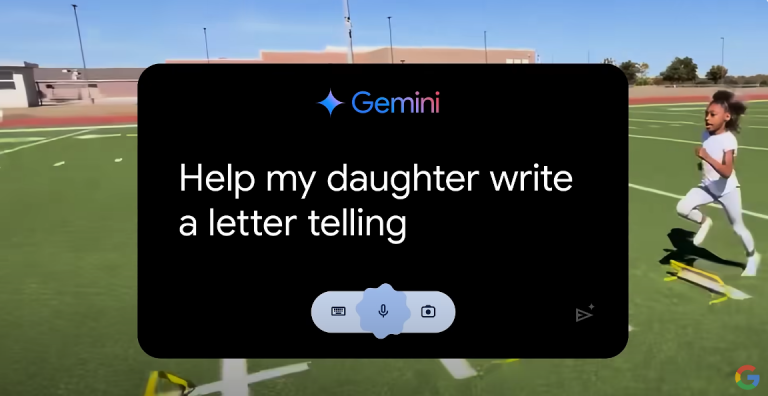
Artificial intelligence can do remarkable things, but a general consensus seems to have emerged about one thing it can’t, or perhaps shouldn’t, do: Compose a child’s admiring letter to her sports hero.
Google learned this lesson the hard way. “Dear Sidney,” the company’s new ad for its AI-powered chatbot, Gemini, in which a dad asks Gemini to write a note to Olympic hurdler Sydney McLaughlin-Levrone on his daughter’s behalf, has been widely criticized. People have wanted to “scream.” They are “grossed out.” They’ve described the ad as “disgusting.”
Dr. James R. Doty, a Stanford University neuroscientist who studies how people set intentions and achieve their goals, felt less outrage and more concern for the commercial’s troubling premise.
“This is a very personal narrative that comes, if you will, from [a person’s] heart and soul,” Doty told Mashable. “Somehow switching it to have an AI do it for you…it destroys the whole understanding of what it is to write a letter to a hero.”
Doty, author of the new book Mind Magic: The Neuroscience of Manifestation and How It Changes Everything, said that using generative AI to compose such a message isn’t just a missed opportunity for authentic human expression.
In addition, the author is skipping a crucial part of their own intention- and goal-setting process, given that our heroes often prompt us to consider the kind of life we want for ourselves.
Doty said that effective goal-setting should begin with deep reflection about your values, connecting those to the goal you want to achieve, understanding how that aim can be of service to others, and then setting intentions that, along with hard work, help you ultimately manifest the aspiration.
So for the young girl in Google’s ad — or any child who sees a reflection of their own ambition and dedication to a sport — taking the time to contemplate and articulate why they adore their hero, and want to break their record, can be a pivotal part of goal-setting. Of course, doing this with a parent, like the dad in the commercial, would create a unique bonding moment, too.
Doty noted that an AI chatbot given this writing task might just gather the information it thinks is relevant, such as the hero’s records, awards, and accolades. That résumé roundup might reduce time spent on research for the letter writer.
But Doty argued that the results could also omit achievements that aren’t so quantifiable — such as an athlete’s positive contributions to their own community or their sexual or gender identity — which help make them a hero in so many people’s eyes.
Sure, a child might hope to be their sport’s next GOAT, but the prospect of becoming an athlete role model to children could be just as important to them.
“For it to resonate authentically, it has to be your narrative, not AI’s narrative, which it has created out of a million pieces of information about that athlete,” Doty said.
He added that many AI products, particularly those that cater to social media content, are pitched to users as tools to help them get more likes or engagement.
While Gemini is marketed as a chatbot that helps users “supercharge” their ideas, it might still aim to create likable content, which could steer an author of any age away from heartfelt reflection, or undermine confidence in their own vision and voice.
Importantly, Doty said that goal-setting works best when you’re dreaming big in a calm, relaxed state, and able to imagine future achievements in a state of mind driven by love, not fear. In other words, it’s much harder to accomplish goals formed by a desire for external validation or material goods because of the attendant anxiety and disappointment. But AI wouldn’t necessarily know that.
Despite his criticism, Doty is no opponent of generative AI; he co-founded a mental health app that uses the technology, and he believes it can support human creativity and expression without substituting for it.
“If it writes something that’s not you, or how you deeply feel, then it’s not you, and it’s a lie,” Doty said.






















0 Comments